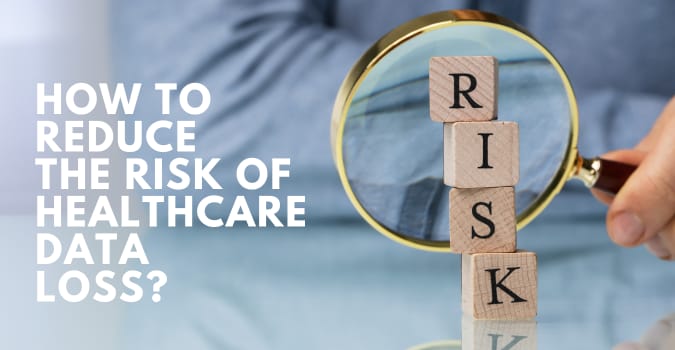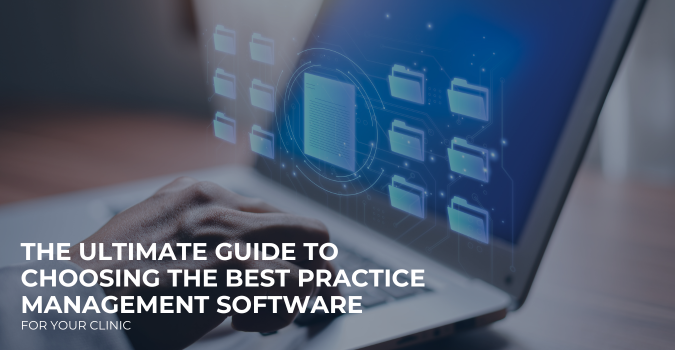In today’s fast-paced digital world, patients expect the same level of convenience and accessibility from…

How to Reduce the Risk of Healthcare Data Loss?
Healthcare providers handle vast amounts of critical information and patient data that must be protected from various threats, including cyberattacks, natural disasters, and system failures. To ensure uninterrupted care delivery and compliance with regulations, implementing best practices for healthcare data backup and recovery is essential. In this article, we will discuss key strategies for reducing the risk of healthcare data loss protect patient privacy.
Implementing Advanced Threat Detection Solutions
Utilizing advanced threat detection solutions, such as intrusion detection systems and anomaly detection, can help healthcare organisations identify and respond to potential threats in real-time. These technologies can automatically detect unusual activities, trigger alerts, and enable rapid responses to mitigate the risk of data loss.
Regular and Automated Backups
Implementing a regular backup schedule, preferably automated, helps ensure that critical data is captured consistently. Automated backups minimize the risk of human error and ensure data is protected without requiring manual intervention.
Multiple Backup Locations
Storing backup data in multiple locations helps protect against potential data loss due to system failures or natural disasters. This approach ensures that there is a redundant copy of the data in case one backup location fails.
Cloud-Based Backup Solutions
Cloud-based backup solutions offer several advantages for healthcare providers, including scalability, cost-effectiveness, and remote access to data. Cloud Service Providers often have teams of security experts, who continuously monitor the system for threats and vulnerabilities, reducing the risk of data breaches.
Compliance with Regulations
Healthcare organisations must ensure that they comply with relevant data privacy and security regulations, such as the Health Insurance Portability and Accountability Act (HIPAA). This involves implementing policies, contractual agreements, and regulatory compliance measures to avoid potential legal or regulatory issues.
Disaster Recovery Solutions
Effective disaster recovery solutions enable healthcare providers to restore their medical data and resume daily processes with minimal downtime following any data loss event. These solutions help protect against system outages and delays in patient care.
Cybersecurity Measures
Healthcare data is highly sensitive, and any data tampering can lead to fatal and irreversible losses for patients. Therefore, healthcare organisations must implement robust cybersecurity measures to protect their data, including firewalls, intrusion detection systems, and encryption.
Summary
In conclusion, reducing the risk of healthcare data loss requires a combination of regular backups, multiple backup locations, cloud-based solutions, compliance with regulations, disaster recovery solutions, and robust cybersecurity measures. By implementing these best practices, healthcare providers can minimize the risk of data loss and safeguard critical information for the benefit of patients and the organization as a whole.
MedicalIT.Services: Your Partner in Healthcare Data Security
We understand the unique challenges of healthcare data loss. We offer comprehensive cybersecurity solutions tailored to your specific needs, from robust infrastructure assessments. And vulnerability scanning to employee training and incident response planning. Contact us today to learn how MedicalIT.Services can help you build a watertight defense against data breaches and safeguard patient information.c
By partnering with MedicalIT.Services, you can focus on delivering exceptional care while we take care of your data security worries. Let’s work together to create a safer, more secure healthcare ecosystem for all.




